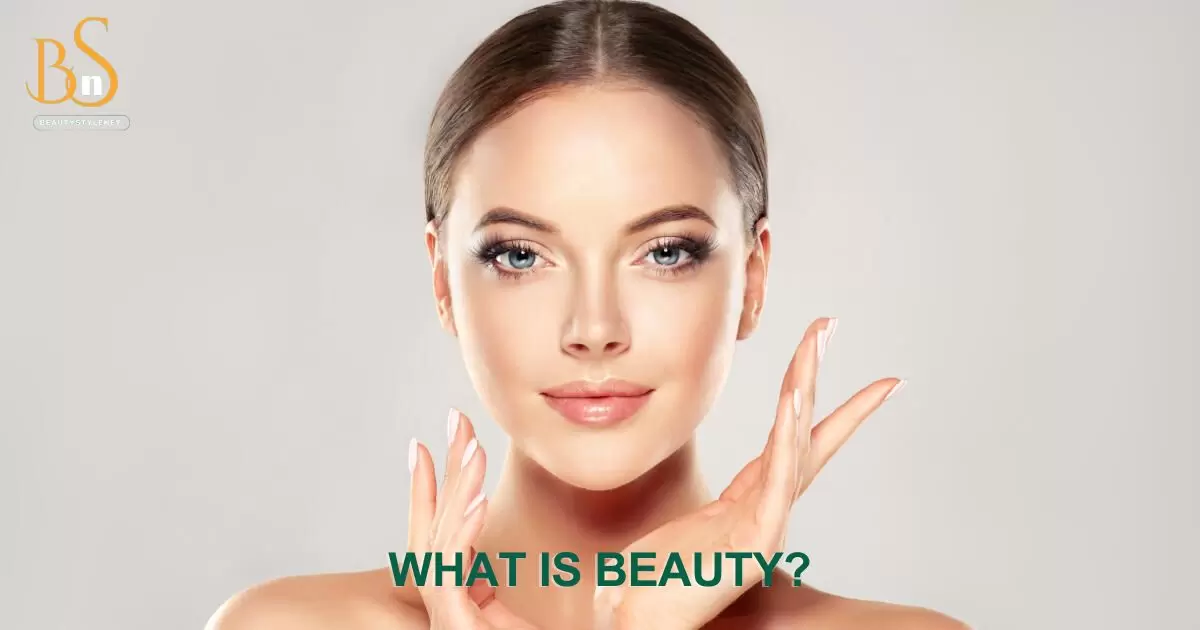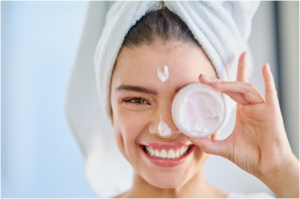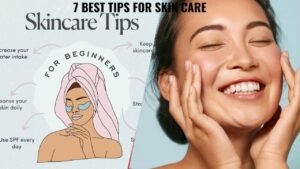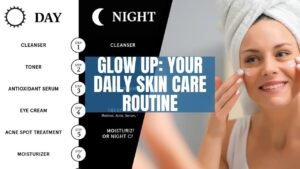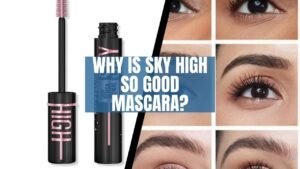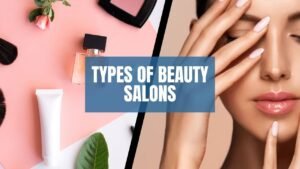What is the real meaning of beauty?
Beauty means different things to different people and cultures. On a basic level, theories posit that beauty is tied to notions of health, youth, and beneficial genetic attributes. However, true beauty is far more complex, with societal and personal factors playing a role in how we each define it uniquely.
Some key theories on the real meaning of beauty include:
- Symmetry: Many scientific studies have found that people often view faces and bodies that appear symmetrical as more attractive. Some believe this relates to signs of good genetic health.
- Proportional features: Certain golden ratios of proportions, like the relationship between heights of the forehead, nose, lips, etc. are believed by some to correlate with perceptions of attractiveness across cultures.
- Health cues: Youthful appearance cues like clear skin, full lips, and hair are seen by some as subconscious signs of genetic fitness and ability to bear healthy children. However, health is culturally defined.
- Cultural influences: Ideals of beauty vary significantly between different ethnic groups and eras. Attributes like skin tones, body sizes, and styles have wide-ranging social and historical determinants of desirability.
- Individual preferences: While broad trends exist, what ultimately satisfies one’s internal sense of beauty is deeply personal, tied to everything from aesthetics to memories and emotional associations. No simple or universal definition can encompass this complexity.
Beauty lies at the dynamic intersection of our biological instincts, cultural lenses, lived experiences, and heartfelt regard for others and ourselves. It is a concept that continues to evolve as our relationships with our bodies and identities evolve over life. Read more about lip gloss.
How do you define true beauty?
True beauty is not merely about outward appearance, but about the qualities we possess within our compassion, wisdom, courage, and ability to positively affect those around us each day through kindness, respect, and love. What gives someone an inner radiance and attractiveness that goes far beyond any physical measure is behaviors like:
- Treating all people with dignity, regardless of differences
- Standing up for what is right even when it is difficult
- Uplifting others with support and encouragement
- Pursuing knowledge and growth with humility
- Facing life’s ups and downs with resilience, humor, and grace
- Appreciating life’s simple blessings and finding light even in darkness
Some of the most beautiful people I have known have not necessarily been the most conventionally good-looking. But they shine from the inside with qualities like empathy, humor, work ethic, creativity, and care for the community. True beauty emerges from who we strive to become and how we challenge ourselves to spread more compassion in the world each day.
How do you describe beauty?
Beauty is difficult to describe with words alone, as it transcends mere physical appearance to encompass the entire experience of a person. However, here are some attempts to portray what beauty means to me:
Radiant: True beauty emanates from within like a vibrant light, illuminating compassion and grace that shine through in even small moments of everyday living.
Uplifting: A beautiful person lifts others with their positivity, bringing more cheer and laughter into every space they enter just by being fully present with warmth and good humor.
Inspiring: Beauty inspires the best in oneself and others through courageous and principled living, passionate pursuit of purpose, and dedication to continual growth despite life’s setbacks.
Authentic: The most beautiful people feel fully comfortable in their skin, embracing both joys and vulnerabilities to connect with others from a place of sincerity and truth.
Empathetic: Beauty is feeling with another’s humanity, seeing the world through their eyes, and standing up for the marginalized with fierce compassion and moral conviction.
Resilient: No matter the struggle, beauty perseveres with grit, adaptability, and hope, transforming even difficulty into a source of deeper wisdom and strength to share.
Joyful: At their core, truly beautiful people know how to savor life’s simple pleasures and spread gladness, embracing each day as a gift through an attitude of gratitude, fun, and spontaneous delight.
Beauty arises from living with presence, purpose, principles, and unbridled care for others – an illuminated heart reflected in every thoughtful word and deed. Its essence remains as elusive yet profoundly moving as the most resonant works of art.
What is the scientific explanation of beauty?
Scientists have studied beauty from an evolutionary psychological perspective to better understand our perceptions and preferences. Here are some of the predominant theories:
Symmetry: Perfect symmetry is rare in nature, so the ability to detect small asymmetries helps identify genetic quality and health. Studies show symmetrical faces are deemed more attractive.
Youthfulness: Youth signals prime reproductive age and ability to bear healthy offspring. Features like clear skin, wide eyes, and full lips unconsciously say “healthy.”
Fertility cues: Women’s beauty is linked to cues of high fertility like the waist-to-hip ratio of 0.7, a sexually mature female voice. These cues influenced mate selection for reproductive success.
Proportional ratios: Researchers identified clusters of ratios like the width of nose to mouth that represent averageness and may unconsciously appeal across cultures. Deviations from the norm were less attractive.
Masculine or feminine features: Exaggerated sex-specific traits like prominent jawline and brow ridge for men versus rounder face shape for women signaled sex and helped identify mates.
Size and stature: Height, shoulder-to-hip ratio, and body size dimorphism unconsciously demonstrate health, developmental stability, and ability to compete for mates and care for offspring.
Final Thoughts
Beauty lies not in any single formula or definition, but in the wisdom that we are all far more than our fleeting appearances. True beauty emerges from living with courage, compassion, strength of character, and grace towards ourselves and others.
While science sheds light on some of beauty’s deeper purposes, its essence will always transcend quantitative measures. Perhaps that is why it remains one of life’s great mysteries and joys – we continue evolving in how we see ourselves and each other.
